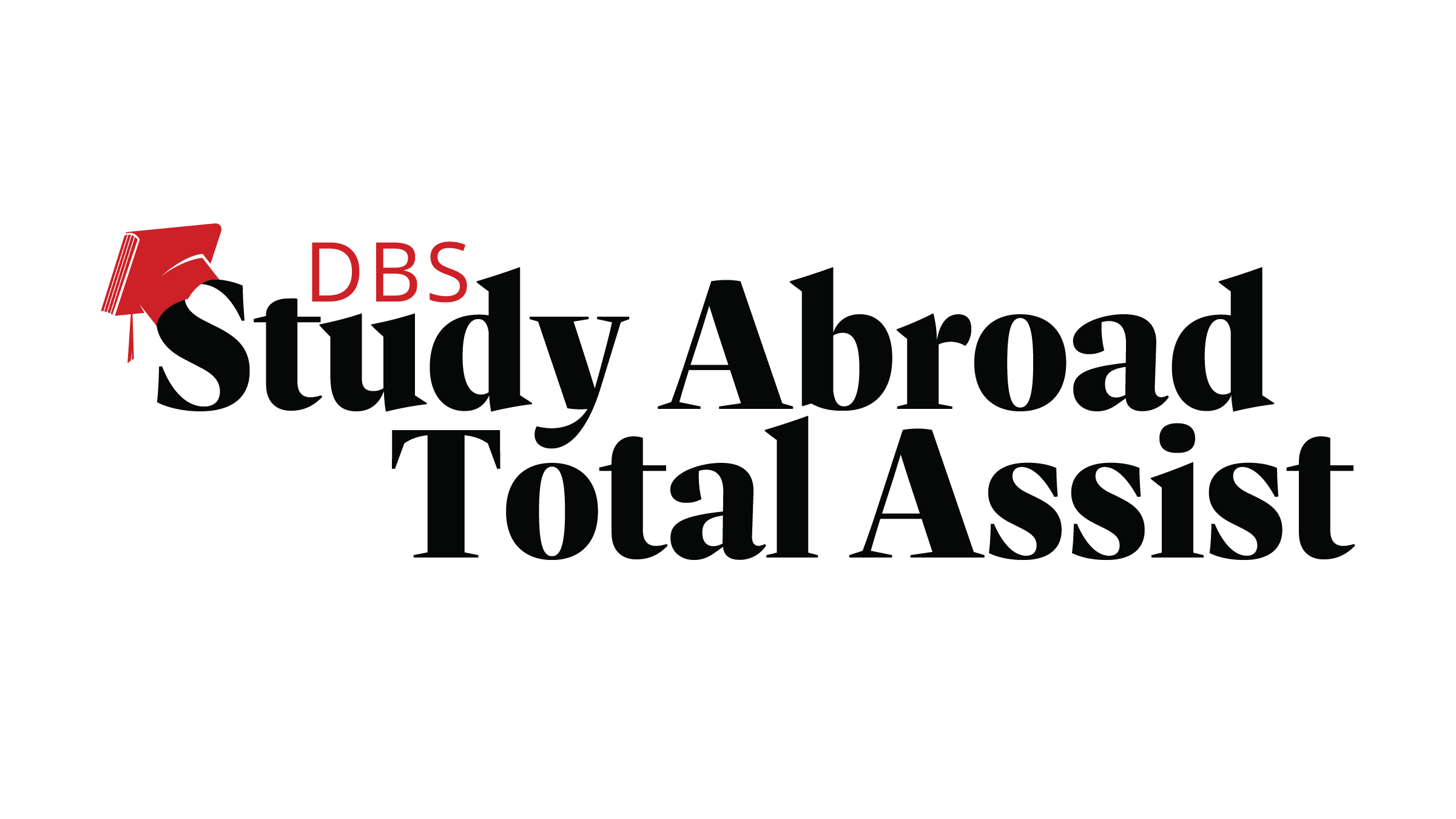Education Loan Eligibility
Note: The education loan information on this page is provided only for the information of the website users, DBS Bank doesn’t offer this product at the moment.
Education Loan Eligibility
Are you eligible for an education loan? Our page has the answers on the eligibility criteria you must meet.
![]()
Introduction
It is no secret that the cost of education is skyrocketing every year. College or university fees have increased significantly over the last ten years and are set to become steeper as the demand for quality higher education increases. This trend has affected students across the world, especially those who wish to study abroad.
But it isn’t the end of the road, especially for the latter, since financial institutions are stepping up to help deserving students fund their courses and dreams. Through educational loans, several banks and NBFCs provide the immediate financial support you need to continue your studies. These loans offer student-friendly features and easy repayment terms.
Pro Tip: Consider the interest rate, tenure, moratorium period and repayment terms while evaluating an education loan.
![]()
Eligibility
While education loans are easily available, you have to fulfil certain criteria. Here are a few things banks and other financial institutions consider before deciding to approve your loan request -
|
Criterion |
Eligibility |
|
Nationality |
Applicant must be an Indian citizen |
|
Age |
18-35 years |
|
Academic record |
Must be unblemished and excellent |
|
Qualification |
Must be pursuing a graduate / PG / PG diploma degree |
|
Admission status |
Must have secured admission in a recognised institute |
|
Co-applicant (for a full-time course) |
Parents / guardians with a stable income, good credit history |
|
Security |
Tangible / intangible collateral or guarantor (depending on loan amount / income source) |
Pro tip: Do a background check on the university or college you wish to apply to. Other things being equal, choose a college with a good placement strategy. Banks check your career prospects before sanctioning a loan, so enrollingin an educational institution that helps with placements can work in your favour. You could join online alumni networks, or reach out to people via your peer network or on social media to learn more about the college or university.
Have you got your offer letter to attend a US University? Use DBS Bank Remittance services to pay your fees conveniently.
Frequently Asked Questions
An education loan provides tax benefits on the interest paid under Section 80E of the Income Tax Act. It also allows you to invest your savings instead of spending a sizeable chunk on your education. On the other hand, with an education loan, you will end up paying more than the sum you borrowed. Plus, EMIs can put stress on your cash flows. Consider these aspects before arriving at a decision.
Tuition and hostel fees are usually disbursed directly to the university. Other components of the loan, like lab equipment, travel expenses can be claimed by the applicant.
No, this is no longer a mandatory requirement. However, having an account with the bank makes the sanctioning process easier since the bank is familiar with your financial history, assets and past transactions.
Eligibility requirements for education loans differ among lenders, but generally, applicants need to meet a few common criteria. You should be an Indian citizen between 18 and 35 years of age, with a solid academic track record. Admission to a recognized institution for a graduate, postgraduate, or diploma course is usually mandatory. For full-time programs, a co-applicant—typically a parent or guardian with a stable income and good credit history—is often required. Depending on the loan amount and financial background, some lenders may also ask for collateral.
A high academic score is usually an advantage, but it’s not the only factor considered. If you’ve scored 50% marks but have secured admission to a reputable institution with a promising course, you may still qualify for an education loan. Factors like the reputation of the institution and the course's potential for good placements can work in your favor. It’s a good idea to speak directly with the lender or representatives, as having a reliable co-applicant or other strengths in your application can help offset a lower academic performance.
You can reapply for an education loan after addressing the reasons for rejection. Common issues include insufficient collateral, gaps in documentation, or a co-applicant with a poor credit history. By improving these aspects—such as providing stronger collateral, fixing documentation issues, or involving a different co-applicant—you increase your chances of approval. It might also help to explore other lenders or consult with financial advisors to present a more robust application.
Our Products
- Savings Account
- Personal Loan
- Fixed Deposit
- Recurring Deposit
- Remittance
- Mutual Fund
- SIP
- Debit Card
- Bill Payment
- Internet Banking
- Travel Now
- PRIME Savings Account
- Safe Deposit Locker
Need Help?
- Calling from India:
1860 210 3456 / 1860 267 4567 - Calling from Overseas:
+91 44 6685 4555 - Help & Support
- Grievance Redressal
- Get in Touch with Us
Interest Rates & Calculators
- FD Interest Rates
- RD Interest Rates
- Personal Loan Interest Rates
- Savings Account Interest Rates
- Savings Account Interest Calculator
- FD Calculator
- RD Calculator
- Mutual Fund Calculator
- EMI Calculator
- SIP Calculator
- Lumpsum Calculator
- Financial Goal Calculator
- Monthly Investment Calculator
- ELSS Calculator
- Personal Loan EMI Calculator
Open Instant DBS Bank Savings Account
Useful Links
- About DBS
- Rates & Fees
- In the News
- Forms & Legal
- Grievance Redressal
- Anti-Malware Security Features
- Cyber Security
- Savings Schedule of Benefits
- Schedule of Charges
- KYC FAQs
- DBS Mobile Checksum
- Sitemap
- List of Recovery Agency
- List of Repossessed Properties
- Financial Inclusion
- Digital Lending Partnership CRED
- Co-lending partnership HCIN



